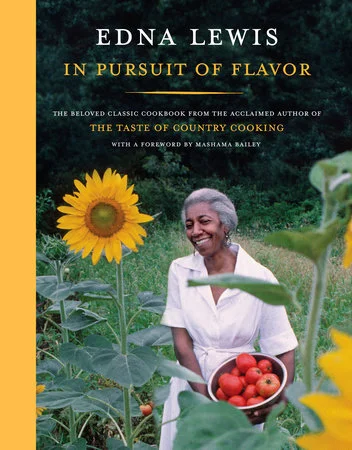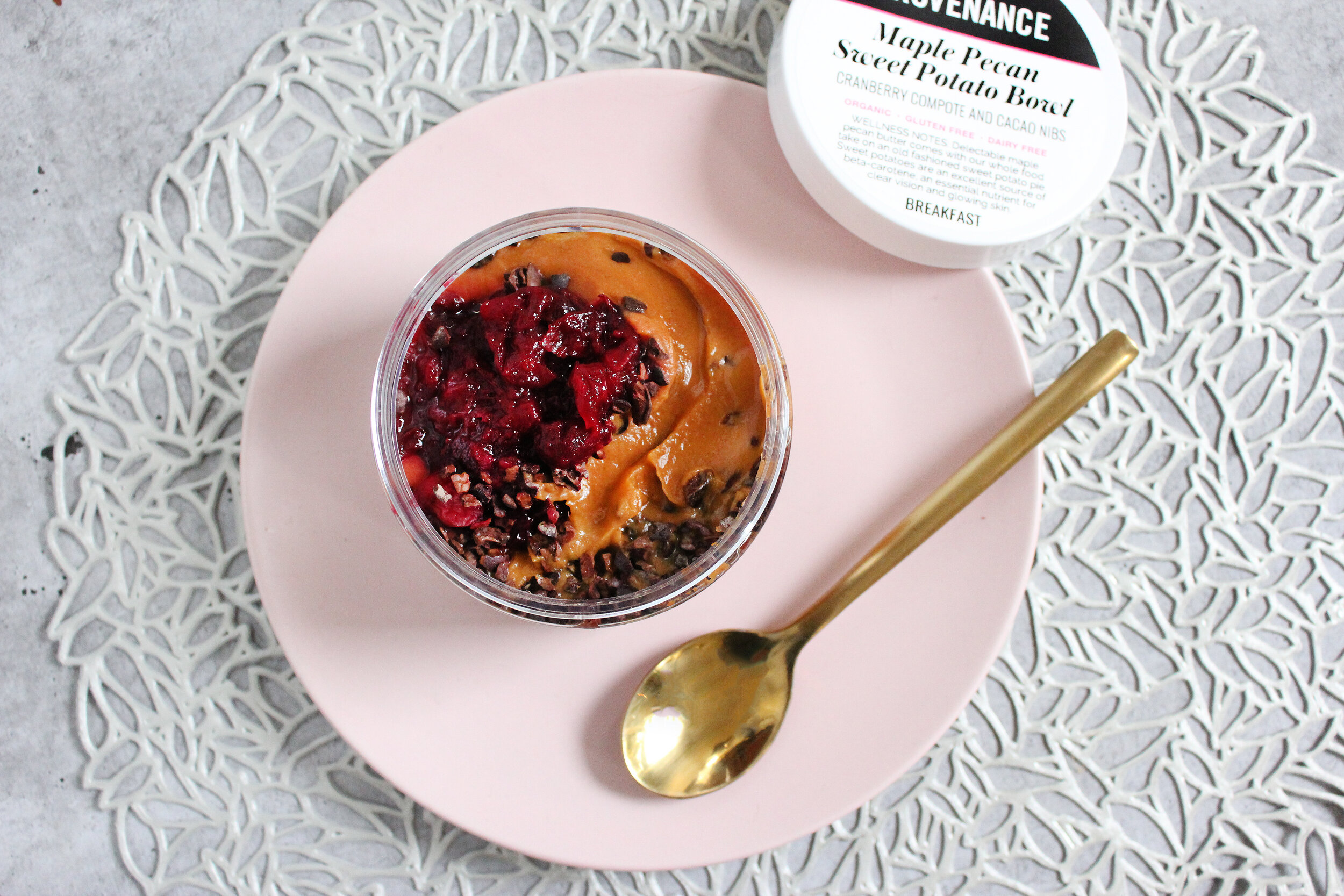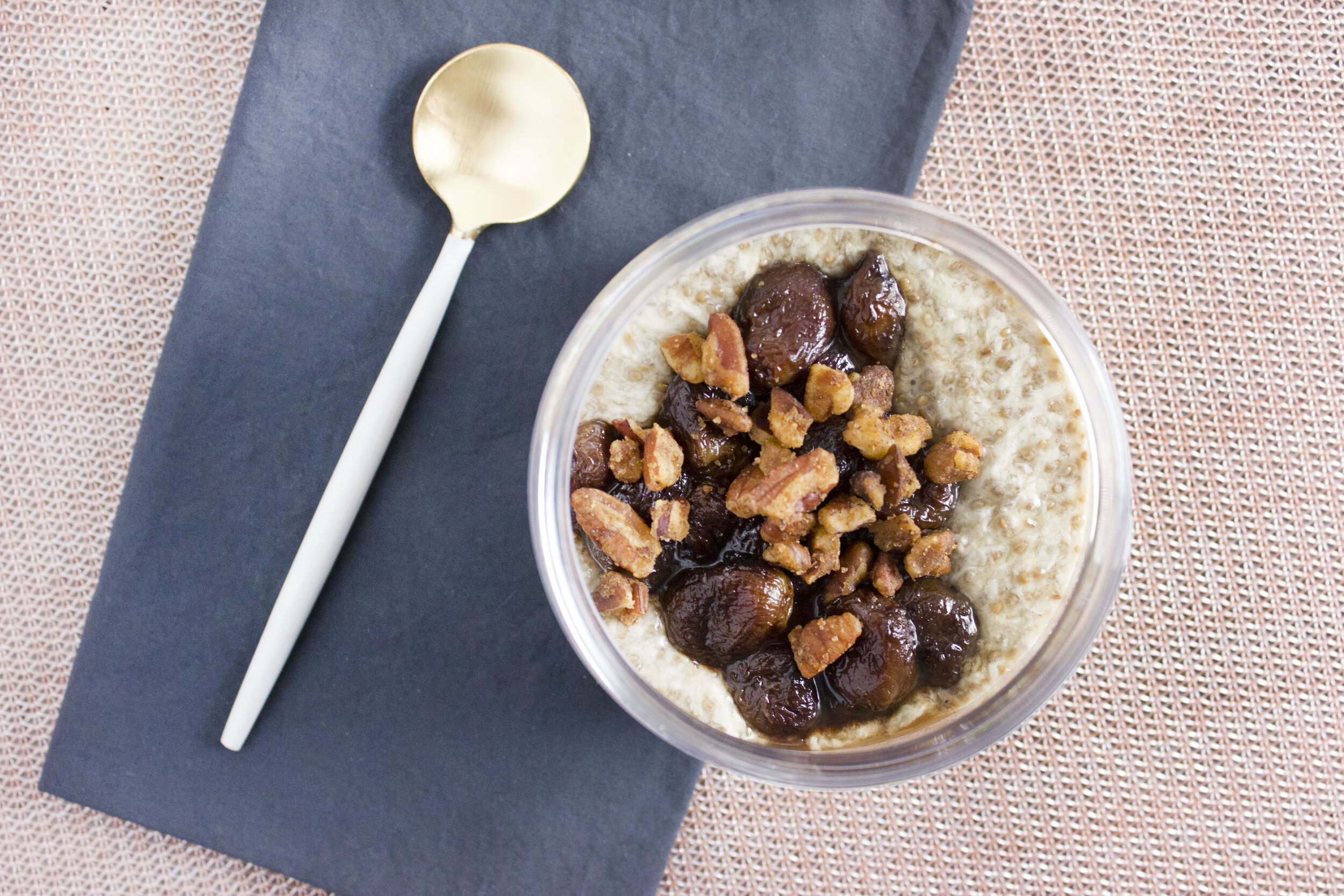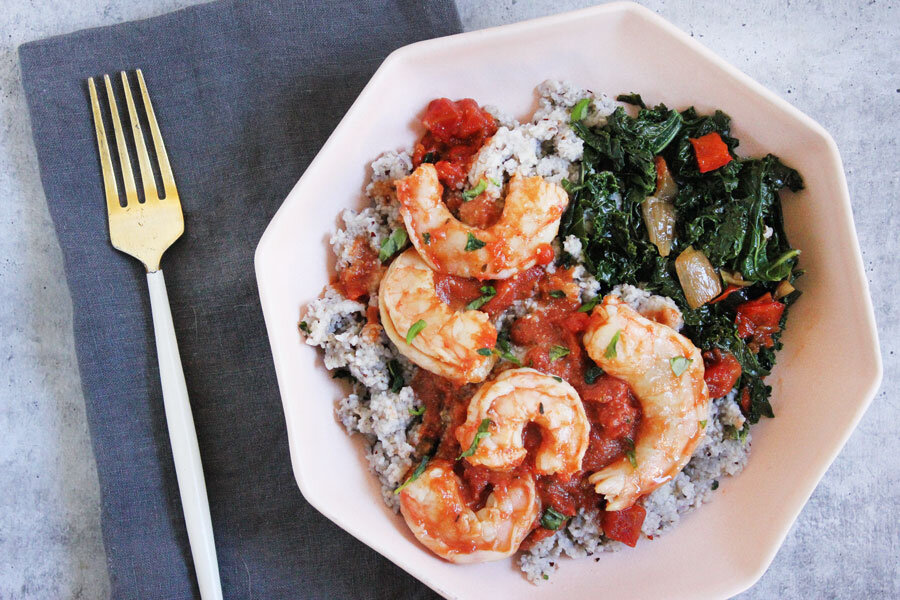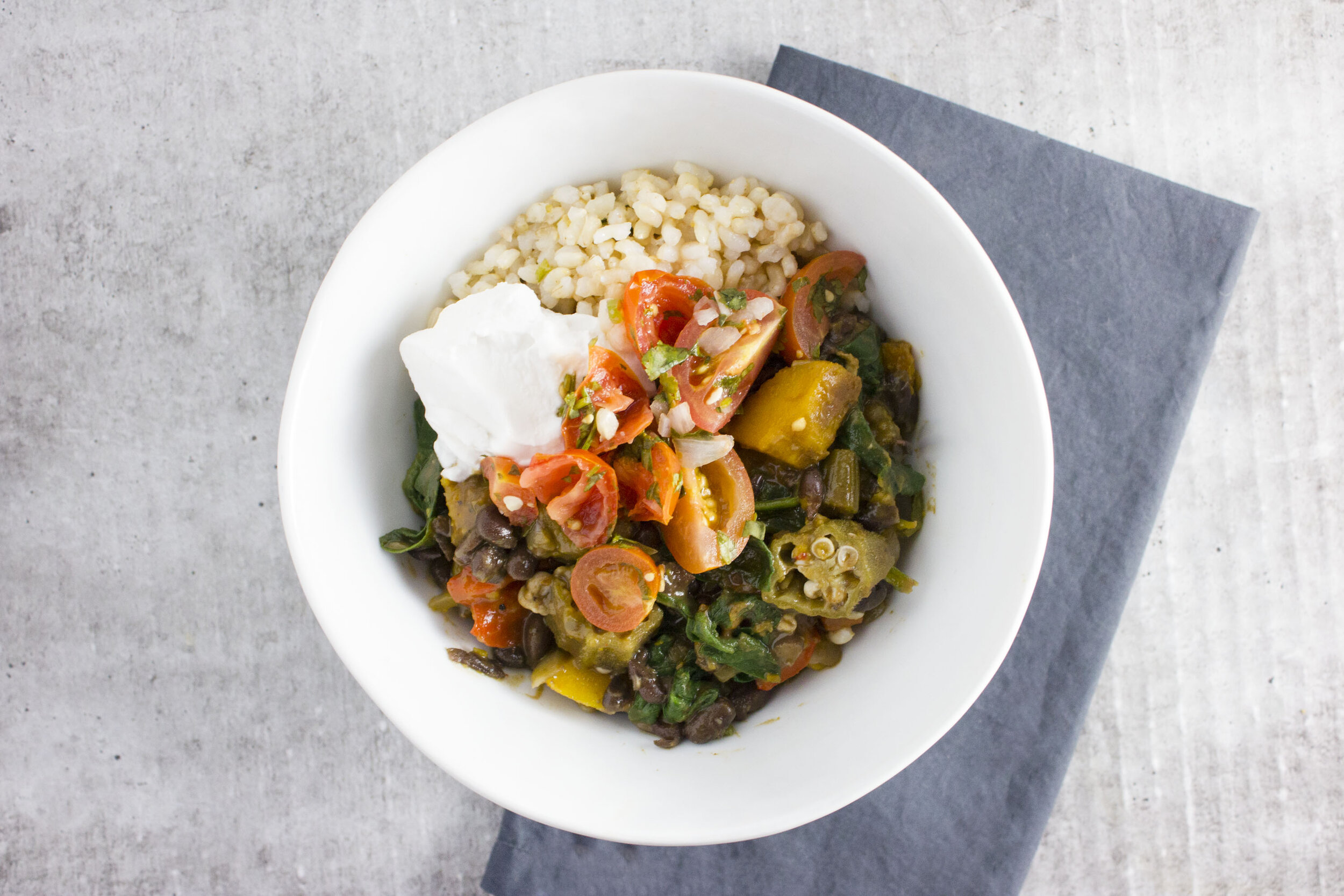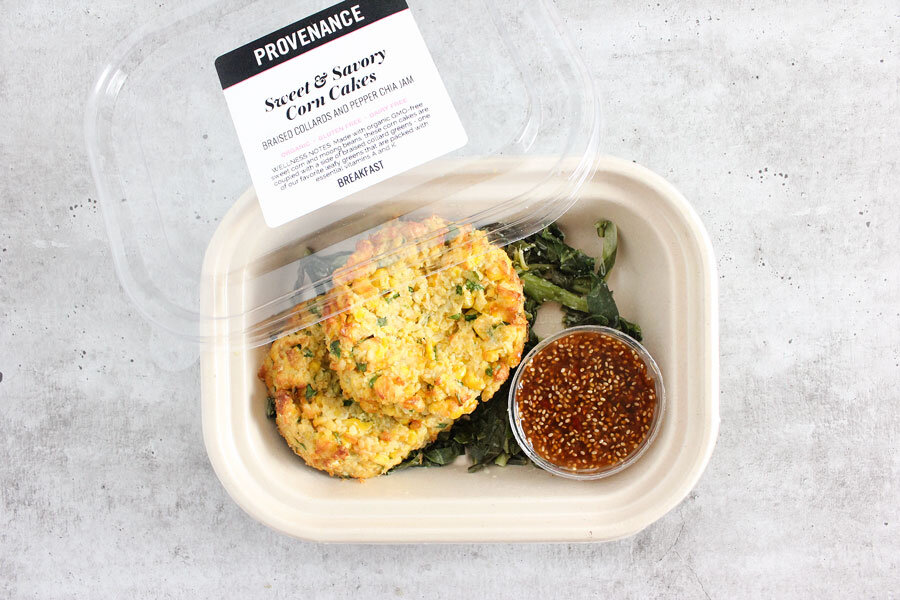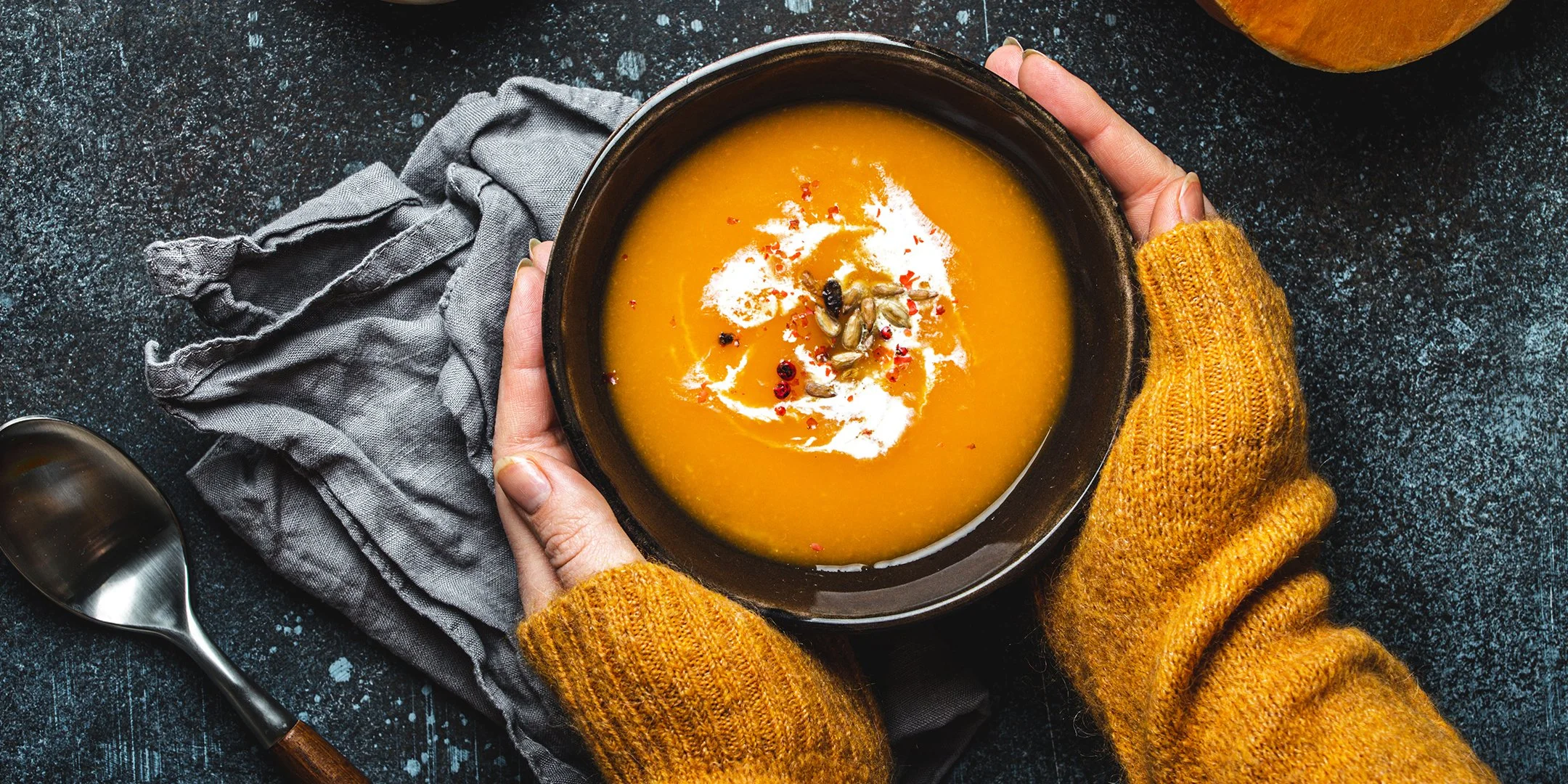Every dish on our menu is influenced by traditions and techniques from all over the globe. Our company is based in New York City – a place where we are constantly being introduced to a wide variety of cultures and flavors.
In celebration of Black History Month, we want to recognize the incredible Black chefs and inspiration from the culinary history of the Black community.
We’re eternally grateful for the techniques and traditions that our Black peers have taught us throughout history. Spotlighted today are a few of our go-to culinary tastemakers and references that provide inspiration to our chefs.
ALL HAIL THE QUEEN, EDNA LEWIS
In an age where fast-food chains are the most recognizable features of modern-day eating, Edna Lewis takes us back to the beginning of true American dining. She is one of the great matriarchs and voices in the food world that our chefs turn to on a regular. Using the four seasons to guide her menus, Lewis championed the farm-to-table ideology and brought new meaning to Southern cooking. Her reminiscent yet timeless cookbooks — The Taste of Country Cooking and In Pursuit of Flavor — are tributes to what cooking can and should be, and deserve to be in homes all across the US.
PLANT-BASED ROOTS & SOUL FOOD
Many may think that plant-based cuisine and veganism is a new trend in the Black community. However, in Amirah Mercer’s essay recently published on Eater.com, there is a long and complicated history of plant-based eating practices in Black history that is important to recognize. We highly recommend reading her essay to understand the political and social movements that impact the culinary history of Black Americans and Soul Food cooking traditions. We also recommend the book Hog and Hominy by Fredrick Douglass Opie, which dives into the origins of Soul Food from Africa to America with details on the impact in New York City in particular. Michael Twitty’s memoir, The Cooking Gene, is another classic. The James Beard award-winning writer ventures into the blurred lines of the his ancestry and murky waters of Southern cuisine’s origins to give us a taste of the complex history of Soul Food’s past.
If reading is not your forte but you are interested in learning about the larger, systemic issues of the industrialized food system, our team has found a lot of value and learnings from the documentary Soul Food Junkies, which analyzes the pros and cons through the lens of Soul Food.
Chef-in-Residence at the Museum of the African Diaspora in San Francisco, generational legend, and James Beard Award-winning chef, Bryant Terry holds a particularly nostalgic and lovely spot in our plant-based hearts. His second book, Vegan Soul Kitchen, is a favorite of our Culinary Director’s cooking library. A favorite of our kitchen manager and fellow New Yorker, Marcus Samuelsson goes beyond the traditional framework of soul food and ventures into other flavors of the African diaspora. This bestselling author and esteemed restaurateur takes a unique approach to cookbook curation as he celebrates the work of chefs, writers, and activists through the power of storytelling and a remarkable collection of 150 recipes in his book The Rise: Black Cooks and the Soul of American Food.
We’d also like to give a shoutout to Lazarus Lynch and his book Son of a Southern Chef: Cook With Soul. This two-timed Chopped winner, NYC’s Food and Finance Highschool alum, and ultimate NY fashionist is a rising star in the culinary world known for his unique style and social media cooking classes. We’re so excited to see his career continue to blossom.
Cooking Techniques and ingredients
Braised, stewed, caramelized, smoked — all of these cooking techniques and some of our favorite ingredients – sweet potatoes, okra, collards, kale, and more – are nestled deep inside the roots of Black food traditions in the US. It is with much appreciation and admiration that our chefs get to share in these culinary practices to develop dishes on our menu like Wild-Caught Shrimp & Buckwheat Grits, Maple Pecan Sweet Potato Bowl with Cranberry Compote, and more.
African American food is American food.
Something that is important for us all to remember is that our country’s culinary landscape is shaped by the cuisines from around the world. As explored by the latest exhibit from the Museum of Food and Drink with the support of some of the country’s most distinguished chefs, writers, scholars, and more, African / American: Making The Nation’s Table celebrates and preserves the history of African American influence in cuisine. We can’t wait to check it out.
We're a small business that wants to do our part to help spread Black joy, create a more inclusive wellness industry, amplify Black voices, learn (and unlearn) about our unconscious biases, develop a diverse company culture, and give back to community organizations. Our founder is not only in support of this work, but our entire team is engaged in trying to make a difference.
In the time of COVID-19 and social liberation, we feel, as a team, that protecting and supporting the mental health of our Black femme peers is a priority for us. In recognition of the struggles and resilience of these women and girls, we would like to honor their need for self-care and mental health by donating 1% of all sales in February 2021 to the Loveland Foundation. We encourage you to join us by making a direct donation or starting a giving circle.


